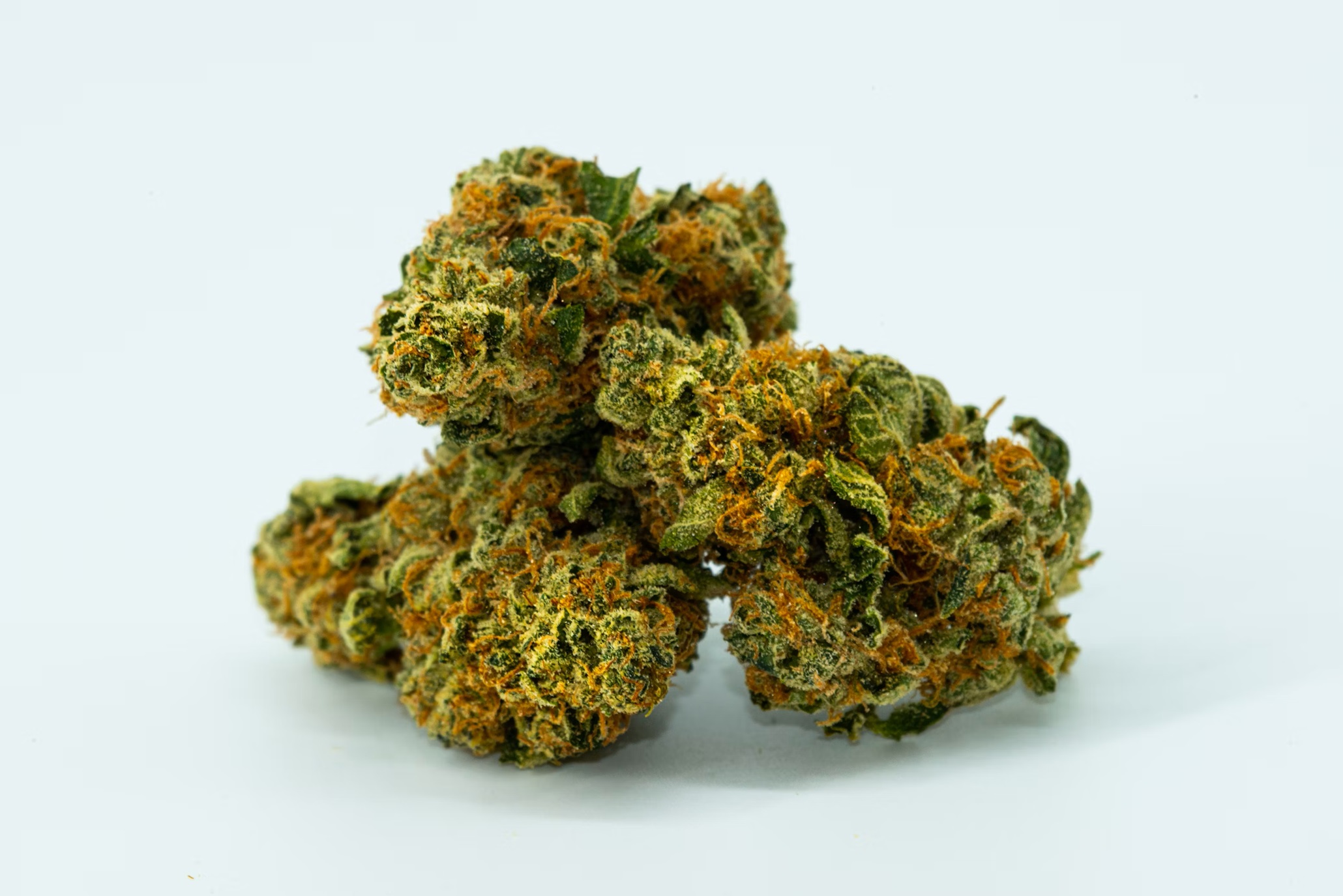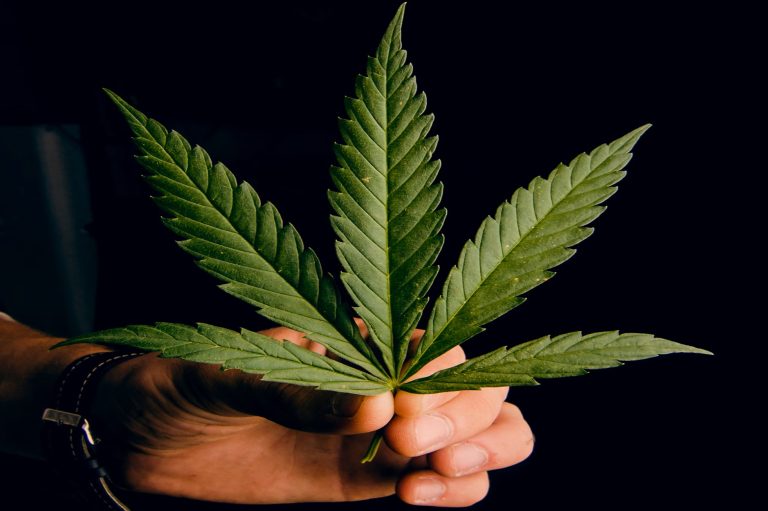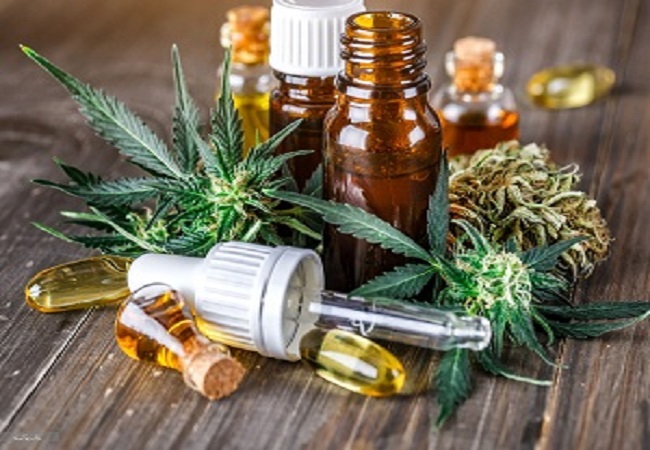
As the cannabis industry continues to expand, Native reserve dispensaries have emerged as significant players in this evolving market. These dispensaries not only provide access to cannabis products but also contribute substantially to the economic growth and development of Indigenous communities. This article explores the various economic benefits of Native reserve dispensaries, highlighting their role in job creation, revenue generation, and community empowerment.
1. Job Creation and Employment Opportunities
a. Diverse Job Roles
Native reserve dispensaries create a wide range of job opportunities within Indigenous communities. From cultivation and production to retail and management, these dispensaries require a diverse workforce to operate effectively. Common job roles include:
- Cultivators: Responsible for growing and maintaining cannabis plants, ensuring high-quality production.
- Budtenders: Frontline staff who assist customers in selecting products, providing information about strains and effects.
- Management and Administration: Professionals who oversee daily operations, marketing, and compliance with regulations.
b. Skills Development and Training
Many Native reserve dispensaries invest in training programs for their employees, equipping them with essential skills related to cannabis cultivation, sales, and customer service. This focus on professional development not only enhances individual career prospects but also strengthens the overall workforce in Indigenous communities. Furthermore, these training programs can lead to certifications that open doors to various roles within the broader cannabis industry.
c. Reduction of Unemployment Rates
By creating jobs within the community, Native reserve dispensaries contribute to reducing unemployment rates among Indigenous peoples. This economic stability can have far-reaching effects on community well-being, as employment helps to alleviate poverty and improve quality of life.
2. Revenue Generation and Economic Growth
a. Tax Revenue for Communities
Native reserve dispensaries generate significant revenue through the sale of cannabis products. This revenue can be reinvested into the community, funding essential services such as education, healthcare, and infrastructure. In many cases, dispensaries also contribute to tax revenue that supports local governance and public projects.
b. Sustainable Economic Development
The establishment of dispensaries fosters sustainable economic development in Indigenous communities. By cultivating and selling cannabis, these businesses can create a self-sustaining economic ecosystem that supports local growers, suppliers, and artisans. This holistic approach encourages a circular economy where profits are reinvested within the community, promoting long-term economic stability.
c. Attracting Investment and Tourism
Native reserve dispensaries can also attract investment and tourism to Indigenous lands. As cannabis tourism grows in popularity, dispensaries serve as destinations for visitors interested in exploring unique products and cultural experiences. This influx of tourists can stimulate local businesses, including hotels, restaurants, and craft shops, further boosting the economy.
3. Community Empowerment and Self-Determination
a. Indigenous Sovereignty
By operating their own dispensaries, Indigenous communities assert their sovereignty and control over cannabis sales on their lands. This autonomy empowers communities to make decisions that align with their values and priorities, fostering a sense of self-determination. It allows them to navigate the cannabis market in ways that honor their cultural traditions and beliefs.
b. Funding Community Initiatives
Revenue generated from Native reserve dispensaries can be directed toward various community initiatives, including education, healthcare, and social programs. These initiatives address the unique needs of Indigenous communities, improving overall well-being and quality of life. For instance, funds from dispensaries might support cultural programs, language revitalization efforts, or youth mentorship initiatives.
c. Promoting Cultural Heritage
In addition to economic benefits, Native reserve dispensaries often promote Indigenous culture through their product offerings and community events. By showcasing traditional cannabis strains and incorporating cultural elements into their branding and marketing, these dispensaries reinforce the significance of cannabis in Indigenous heritage. This not only fosters pride among community members but also educates consumers about the cultural importance of cannabis.
4. Challenges and Considerations
a. Regulatory Hurdles
While Native reserve dispensaries offer numerous economic benefits, they also face challenges related to regulatory compliance and legal frameworks. Navigating the complex landscape of cannabis regulations can be daunting, especially for newly established businesses. It is essential for these dispensaries to stay informed about local, state, and federal regulations to operate legally and effectively.
b. Market Competition
As the cannabis market continues to grow, Native reserve dispensaries may encounter competition from both legal and illegal cannabis vendors. To thrive, these dispensaries must differentiate themselves by emphasizing their unique products, cultural significance, and commitment to community empowerment.
c. Community Involvement
The success of Native reserve dispensaries depends not only on economic factors but also on community involvement and support. Engaging community members in decision-making processes and ensuring transparency in operations can strengthen trust and foster a sense of collective ownership over these businesses.
5. Conclusion
Native reserve dispensaries play a vital role in the economic landscape of Indigenous communities, offering a range of benefits that extend beyond cannabis sales. From job creation and revenue generation to community empowerment and cultural promotion, these dispensaries contribute significantly to the overall well-being of Indigenous peoples. As the cannabis industry continues to evolve, the importance of Native reserve dispensaries in fostering economic growth and promoting Indigenous culture will only increase. By supporting these businesses, consumers and advocates can help pave the way for a more equitable and inclusive cannabis market that respects and uplifts Indigenous voices.


